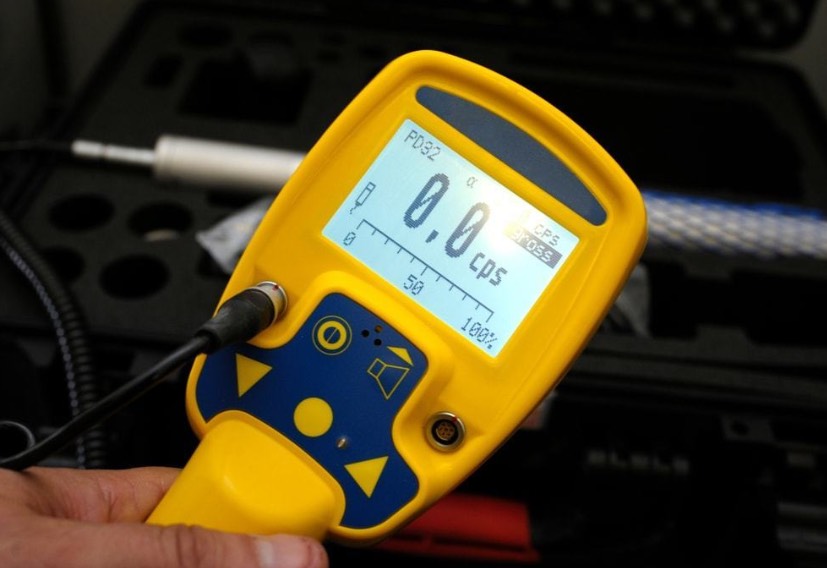In a world where nuclear technology plays a significant role in various sectors, from energy generation to medical diagnostics, the importance of nuclear radiation detectors cannot be overstated. These sophisticated devices are crucial for monitoring and measuring levels of radiation, ensuring the safety of workers, the environment, and the public. This article delves into the significance, types, and advancements in nuclear radiation detectors.
Significance of Nuclear Radiation Detectors
Nuclear radiation detectors are pivotal tools that aid in the detection and quantification of ionizing radiation. Ionizing radiation, such as alpha, beta, gamma, and neutron radiation, can have harmful effects on living organisms and the environment. To maintain a secure environment and prevent overexposure, these detectors provide real-time data that allows prompt action to be taken in case of abnormal radiation levels.
Types of Nuclear Radiation Detectors
-
Geiger-Muller Counters: Geiger-Muller counters are commonly used handheld devices for detecting and measuring radiation. They work by counting the electrical pulses produced when ionizing radiation interacts with a gas-filled chamber. Although they are relatively simple and cost-effective, they are less suitable for distinguishing between types of radiation.
-
Scintillation Detectors: Scintillation detectors utilize crystals that emit flashes of light when struck by ionizing radiation. These flashes of light are then converted into electrical signals, which can be measured and analyzed. Scintillation detectors offer better discrimination between types of radiation and are often used in medical imaging and environmental monitoring.
-
Ionization Chambers: Ionization chambers consist of a gas-filled chamber between two electrodes. When radiation enters the chamber, it ionizes the gas, creating electrical charges that can be measured. Ionization chambers are used for precise measurements and are commonly employed in radiation therapy and research.
-
Proportional Counters: Proportional counters are an advanced form of ionization chambers, capable of detecting individual ionization events. They offer a wider range of sensitivity and are often used in nuclear research and industrial applications.
-
Solid-State Detectors: Solid-state detectors are constructed from semiconductor materials and offer high sensitivity and precision. Silicon and germanium detectors are examples of solid-state detectors frequently used in nuclear physics experiments.
Advancements in Nuclear Radiation Detection
Recent advancements in technology have led to improvements in nuclear radiation detectors:
-
Digital Processing: Modern detectors are equipped with digital processing capabilities, enabling real-time data analysis, storage, and transmission. This facilitates swift decision-making and remote monitoring.
-
Neutron Detectors: Advancements in neutron detection technology are essential for applications in nuclear power plants and security. New materials and designs have led to more efficient and sensitive neutron detectors.
-
Miniaturization: Researchers are working on miniaturizing radiation detectors, making them more portable and accessible. This development is particularly useful for emergency responders, who require compact devices for on-site assessment.
